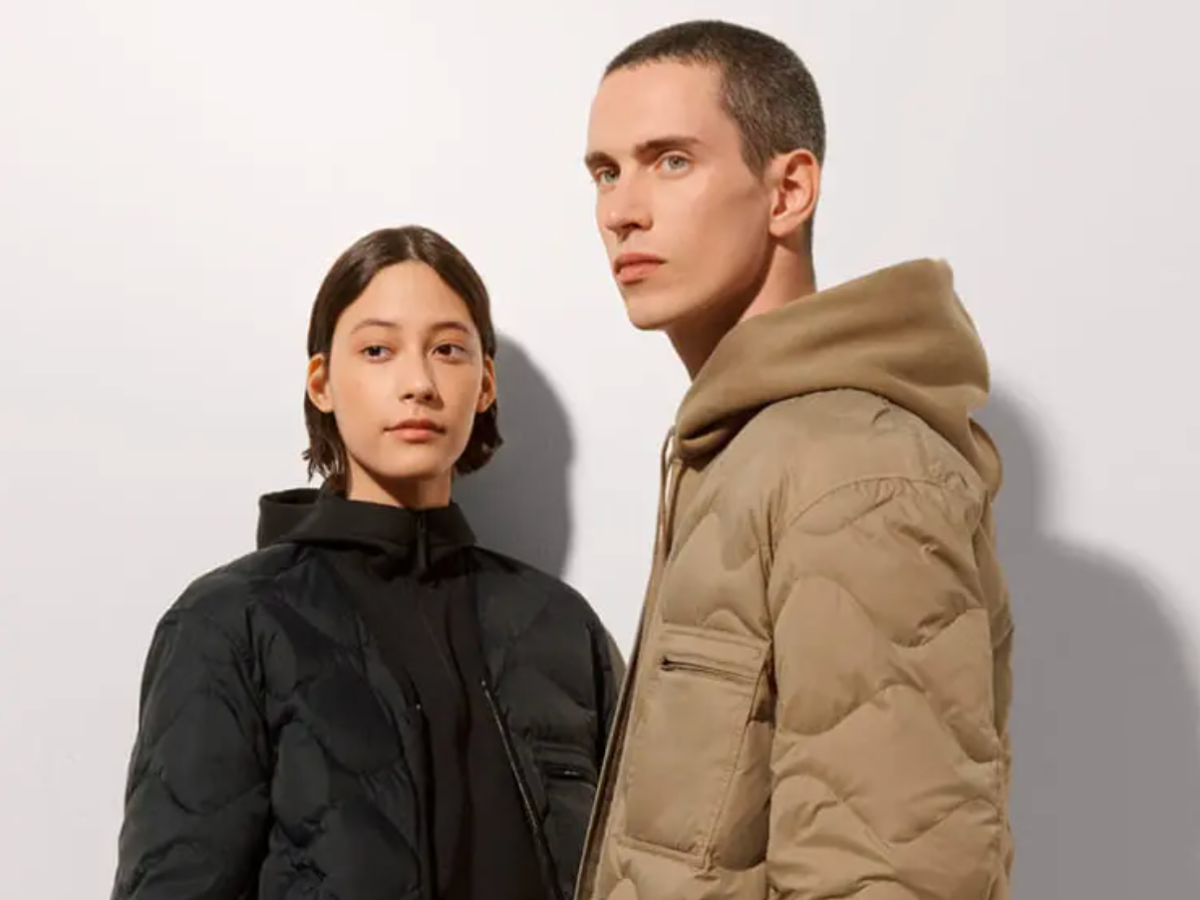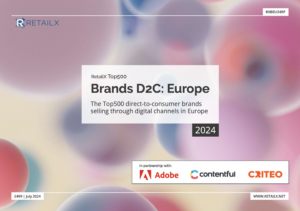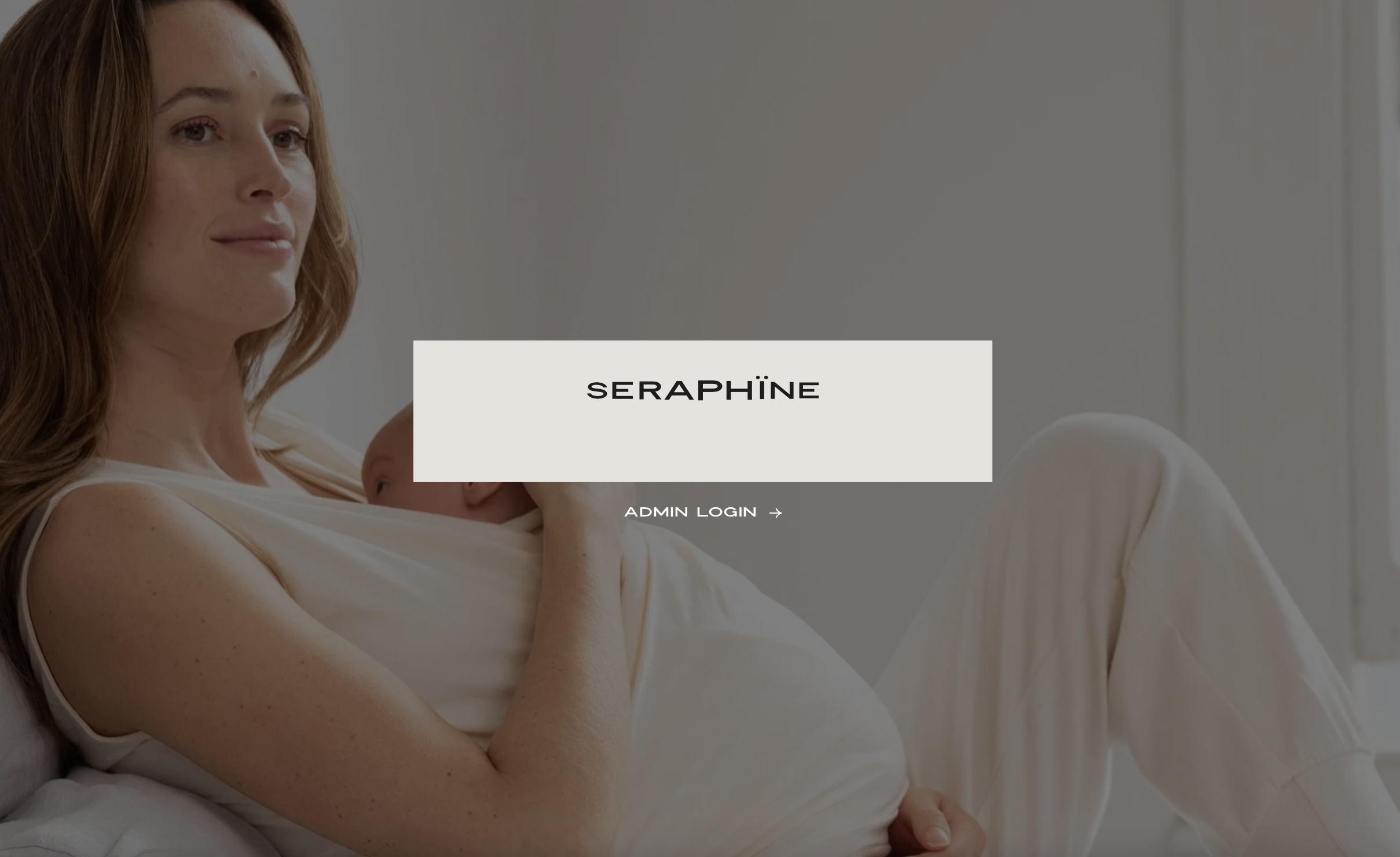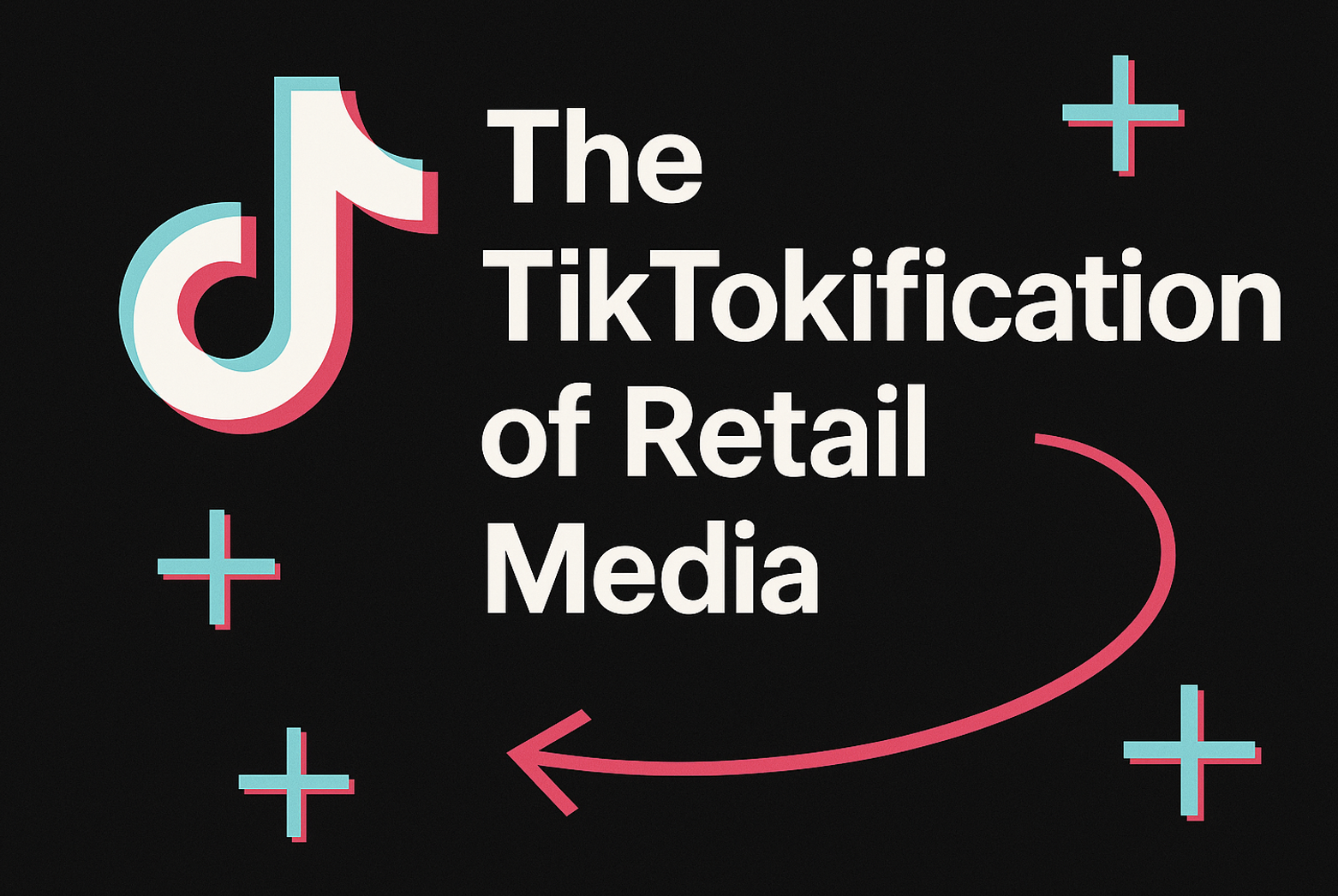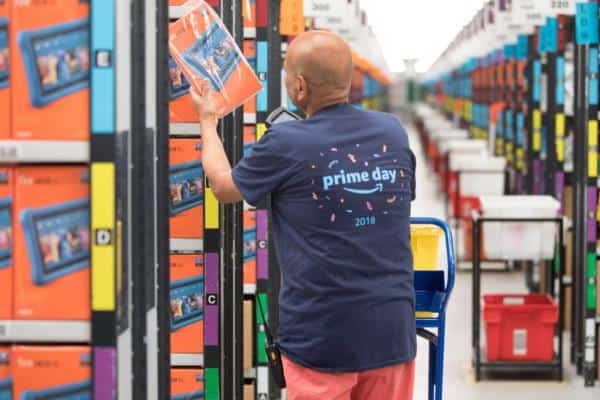Japanese fashion brand Uniqlo is prospering in the European market, where it saw revenues grow by almost 50% in its latest financial year. The brand says customers in the market have opted to buy its sustainability-focused LifeWear range of essential casual clothing.
The business started as a textile manufacturer in Yamaguchi, Japan in 1949 before opening its first Uniqlo shop in 1984. Its strategy remains to work through its own retailer manufacturer model in order to keep control of the full process. Today it has more than 2,500 shops around the world, including 1,744 in international markets including Europe.
In the year to August 2023, its parent company Fast Retailing reported record results. Revenues came to 2.8 trillion yen (€16.1bn; +20.2% year-on-year (YOY)) and operating profit to 310.0bn yen (€1.8bn; +28.2% YOY). For the first time, revenue from Uniqlo International came to more than 50% of consolidated revenue.
Uniqlo Europe posted revenue of 191.3 billion yen (€1.1bn; +49.1% YOY) and operating profit of 27.3 billion yen (€159.0bn; +82.5% YOY). This, said Fast Retailing was “as European customers developed an even deeper affinity for our LifeWear concept and the region’s customer base expanded as a result”. Its LifeWear clothing range is designed to be high quality and long-lasting, delivering sustainability benefits as a result.
In its full-year statement, Fast Retailing revealed its operations in Europe, as well as North America and Southeast Asia, had expanded their customer bases and entered “a solid growth phase.” It said it aimed “to become a global No 1 brand that is essential to daily living and is trusted by all customers around the world.” Its strategic priorities include developing digital retail, diversifying its global earnings, prioritising sustainability in its business model and investing in its talent.
On its UK website, Uniqlo outlines a sustainability approach that is built around people, planet and society. It shares information about the materials it uses and sustainability targets such as plastic reduction. Innovations include a BlueCycle approach to jeans making that it says reduces water use by up to 99%.
The fashion brand makes it easy to find products through suggested search terms and a navigation that enables shoppers to buy by collection, category, and featured product. Colour options and sizes are shown from the category page, while items can be added to a wishlist.
In the UK there’s free delivery when shoppers spend more than £50 and free click and collect. Returns can be made for up to 28 days. Payment options including Google Pay, PayPal and Apple Pay, while the brand links to its presence on six social media platforms including Instagram, TikTok and Facebook.
This is one profile in the new RetailX Top500 Brands D2C: Europe 2024 report, which charts the performance of direct-to-consumer brands selling to shoppers across Europe.
Apple, H&M, Ikea and Zara are also profiled, with the full report exploring how brands from around the world sell to shoppers in the 30 countries of the European Economic Area (EEA), plus the UK and Switzerland. It ranks brands by footprint sizes and by performance in four value chains, which are designed to assess how brands build profitable businesses around the customer, the product, operations and capital.
Stay informed
Our editor carefully curates two newsletters a week filled with up-to-date news, analysis and research, click here to subscribe to the FREE newsletter sent straight to your inbox and why not follow us on LinkedIn to receive the latest updates on our research and analysis.
